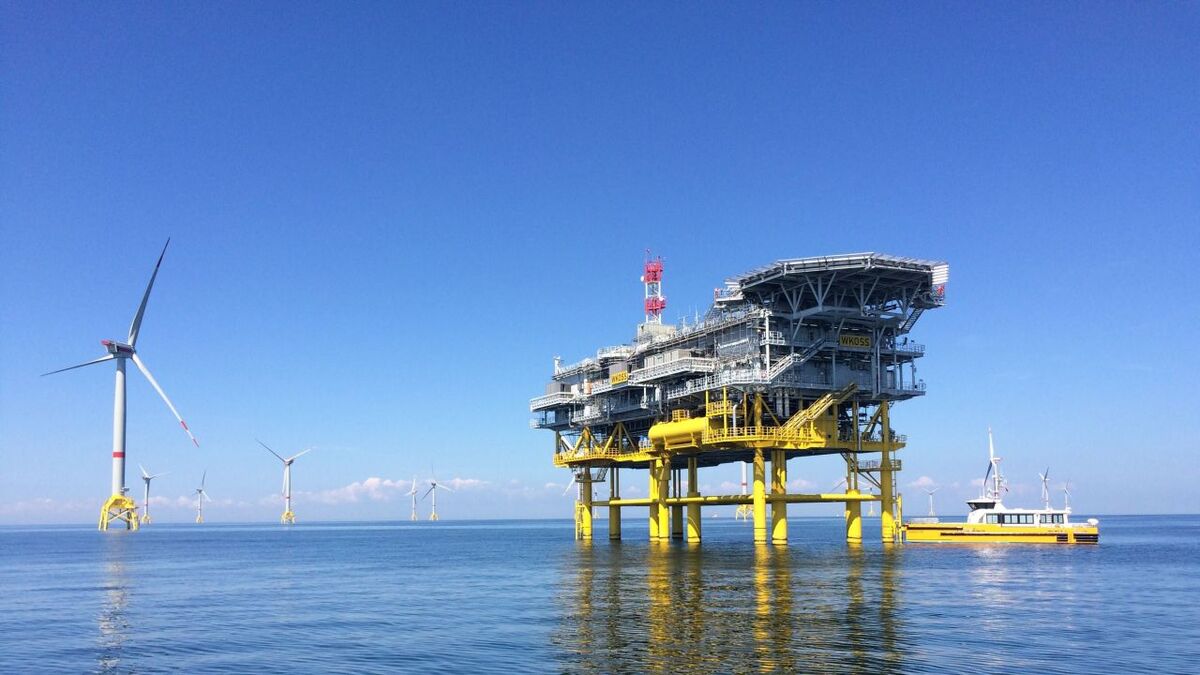The new Offshore Wind Law (WindSeeG) adopted by the German Parliament will increase the cost of offshore wind and will adversely affect development of the industry and consumers
So says WindEurope, in an a newly published analysis of the legislation, which includes significant changes to earlier drafts.
“The WindSeeG adopted by parliament makes important changes to the design of Germany’s offshore wind auctions,” said WindEurope. “It established two different types of auctions, one of which involves negative bidding with no caps on the amounts developers bid.
“This is bad: uncapped negative bidding means additional costs for electricity consumers and the supply chain. The law also introduces some qualitative non-price criteria in the auctions. Parliament dropped the contracts for difference (CfDs) that were in the original proposal.”
WindEurope chief executive Giles Dickson said, “The German Government had proposed to introduce CfDs, which have been used successfully by many other European countries. Just last week the UK auctioned 11 GW of new renewables via its CfD scheme.
“But the German Parliament has dropped that and we’re left with a model that allows for uncapped negative bidding. That’s bad. Negative bidding increases the costs for offshore wind. That’s bad for consumers and bad for the wind energy supply chain.”
The WindSeeG introduces a two-track auction system based. One track auctions sites pre-surveyed by state authorities. The other track is for sites not pre-developed.
The next offshore wind auctions in Germany, for centrally, pre-developed sites, are scheduled for June and August 2023. They will now be auctioned using qualitative criteria: 60 out of 100 points will be based on price and 40 on a mix of criteria including the use of green electricity and green hydrogen in the production of wind turbines; an education and training quota; conclusion of a power purchase agreement; and biodiversity and nature protection in the installation of the wind turbines.
WindEurope supports qualitative criteria and says that, when well designed, they can reward the added value wind energy brings. Until recently, developers bidding in auctions focused solely on reducing the cost of projects because price was the only criterion.
“Qualitative criteria in wind auctions can be useful. Germany’s criteria are less comprehensive than those now being used elsewhere. How successful they are will depend how they’re implemented and whether they allow for differentiation between bids,” said Mr Dickson.
For sites that are not centrally developed, the WindSeeG introduces auctions that are solely based on price, which allow for negative bidding. Not only will developers get no state support, but they will also need to pay for the right to build an offshore windfarm and there’s no cap on how much they can bid to pay.
Denmark’s last offshore wind auction, for the Thor windfarm, used negative bidding. The winner is paying the government €375M for the right to develop the project.
WindEurope believes that Germany could now be heading for even higher negative bidding – and ruinous cost competition. “The Netherlands does it better,” it says, “and has capped negative bids at €50M in its latest offshore wind auctions.”
WindEurope says governments may be tempted to make money with negative bidding, but need to remember it imposes additional costs, and that developers have to pass these costs on to someone – either consumers in the form of higher energy bills, /or they pass them on to their suppliers by paying less money for their turbines.
“Even higher energy bills are the last thing consumers want. Energy prices are already extremely high,” WindEurope noted. “And more pressure on costs is the last thing Europe’s turbine manufacturers want. All five of them are operating at a loss today, with inflation in material costs and supply chain disruptions. Rather than adding to its woes, governments should be supporting Europe’s wind energy supply chain. Not least in Germany where so much of the supply chain is concentrated.”
Last but no means least, WindEurope says the new legislation will make it harder to develop cross-border projects with other countries.
“Joint offshore wind projects require alignment,” it said, “and in theEsbjerg DeclarationGermany, Belgium, Denmark and the Netherlands pledged to jointly build 150 GW of offshore wind in the North Sea by 2050.
“In order to collaborate on cross-border projects, hybrid offshore windfarms, energy islands and renewable hydrogen production at sea it is essential countries align their regulatory frameworks. The new WindSeeG fails to enable this.”
Fortunately, the German Government has already hinted at possible changes to the bill later this year. “Yes, repair this bill. Support your consumers and supply chain. Align with your neighbours,” Mr Dickson concluded.






